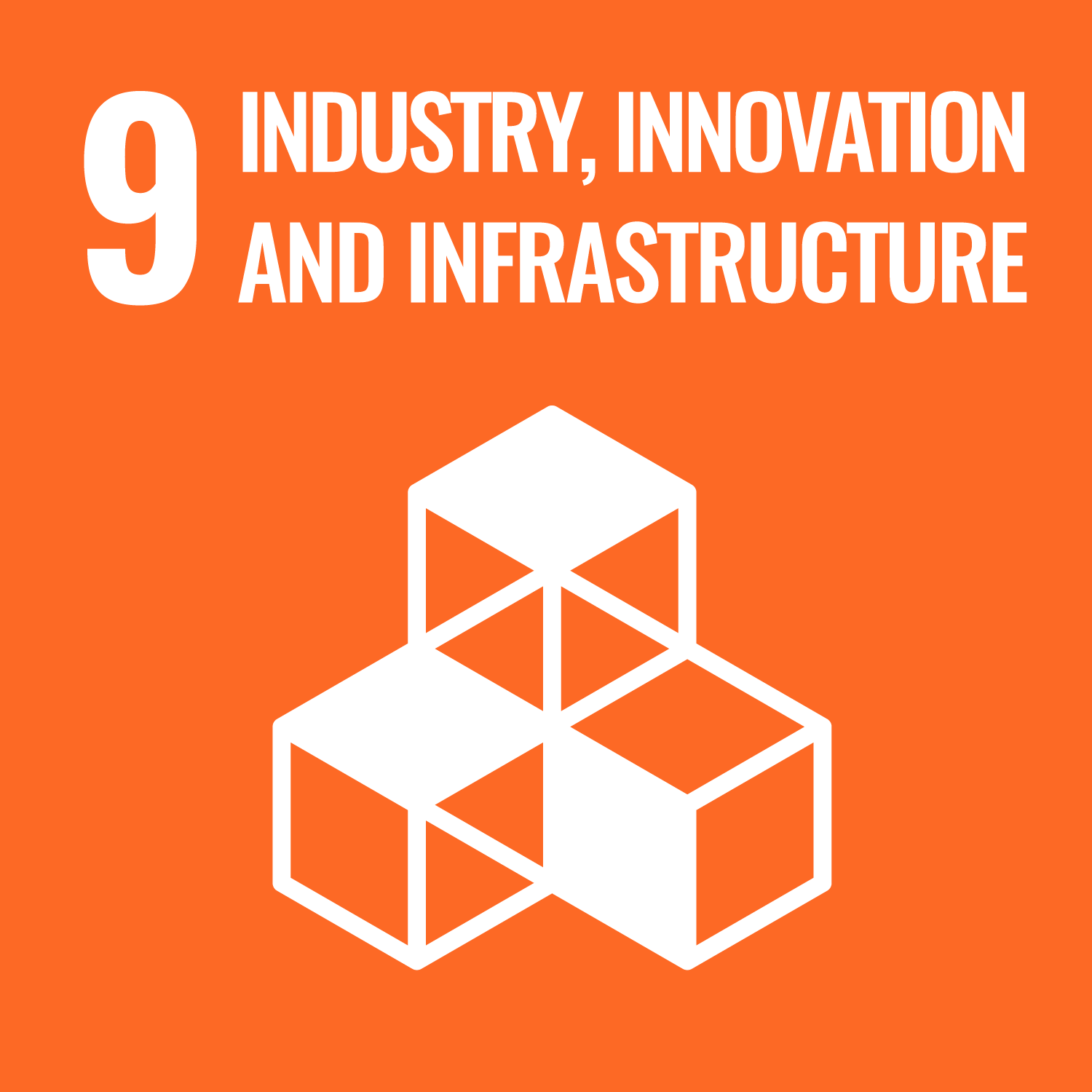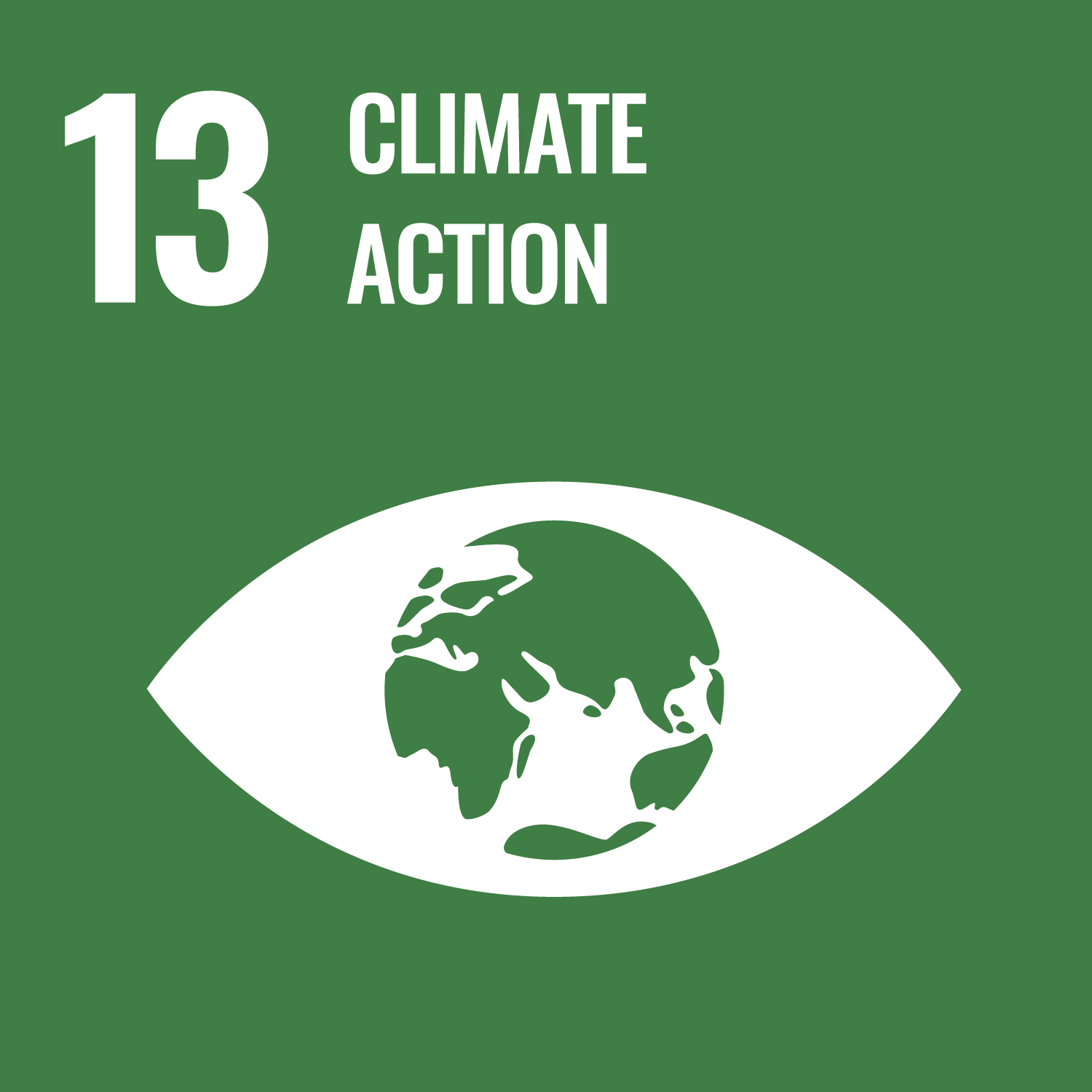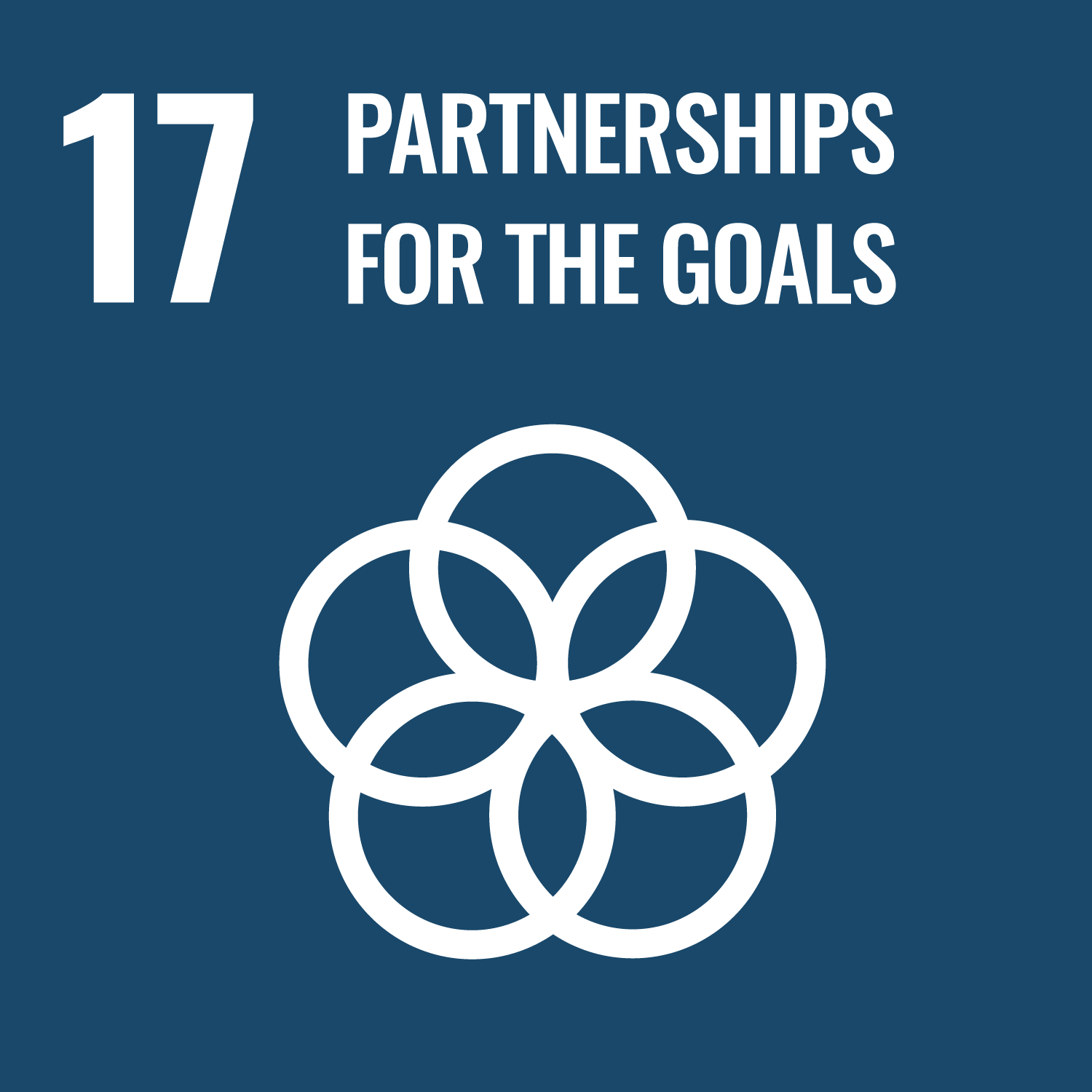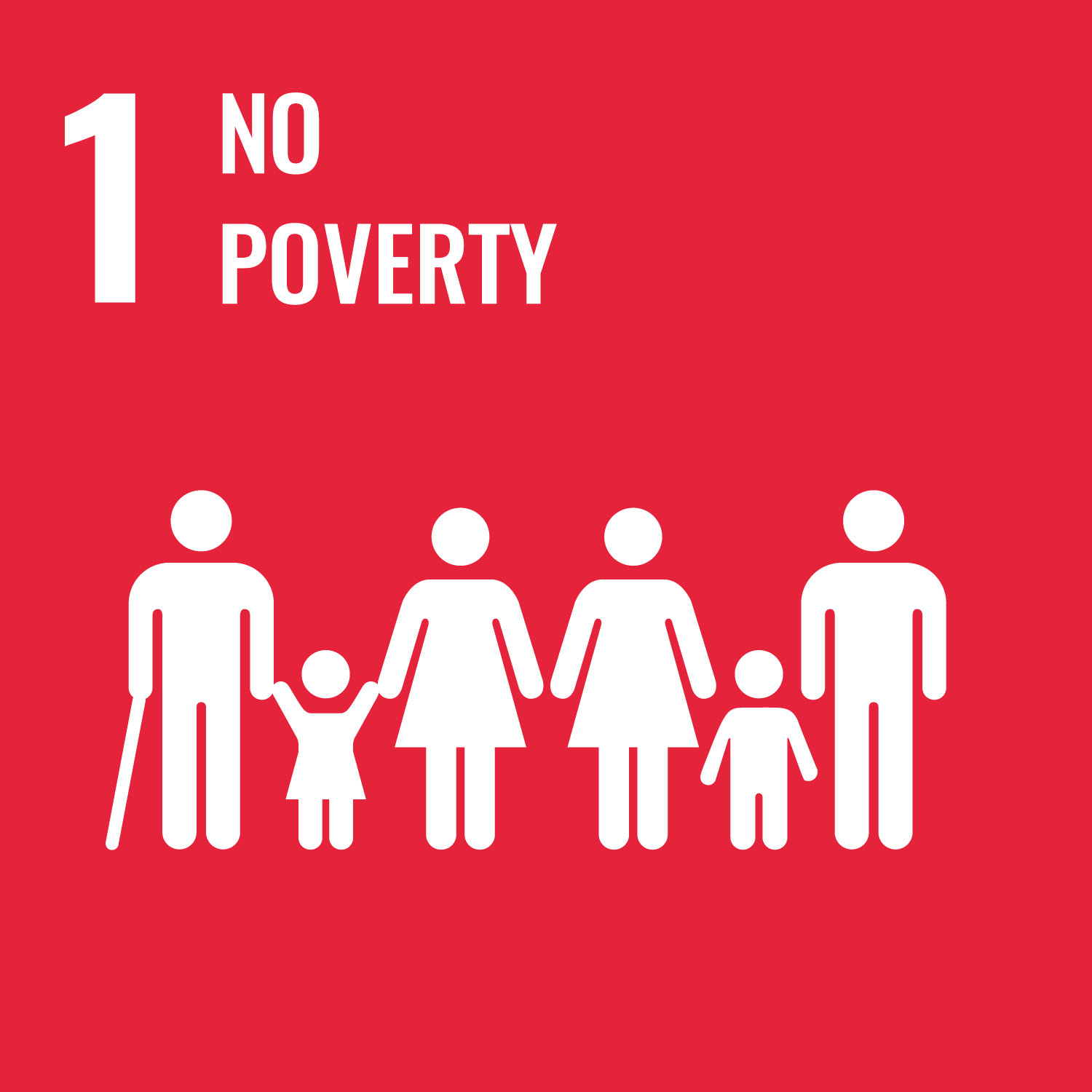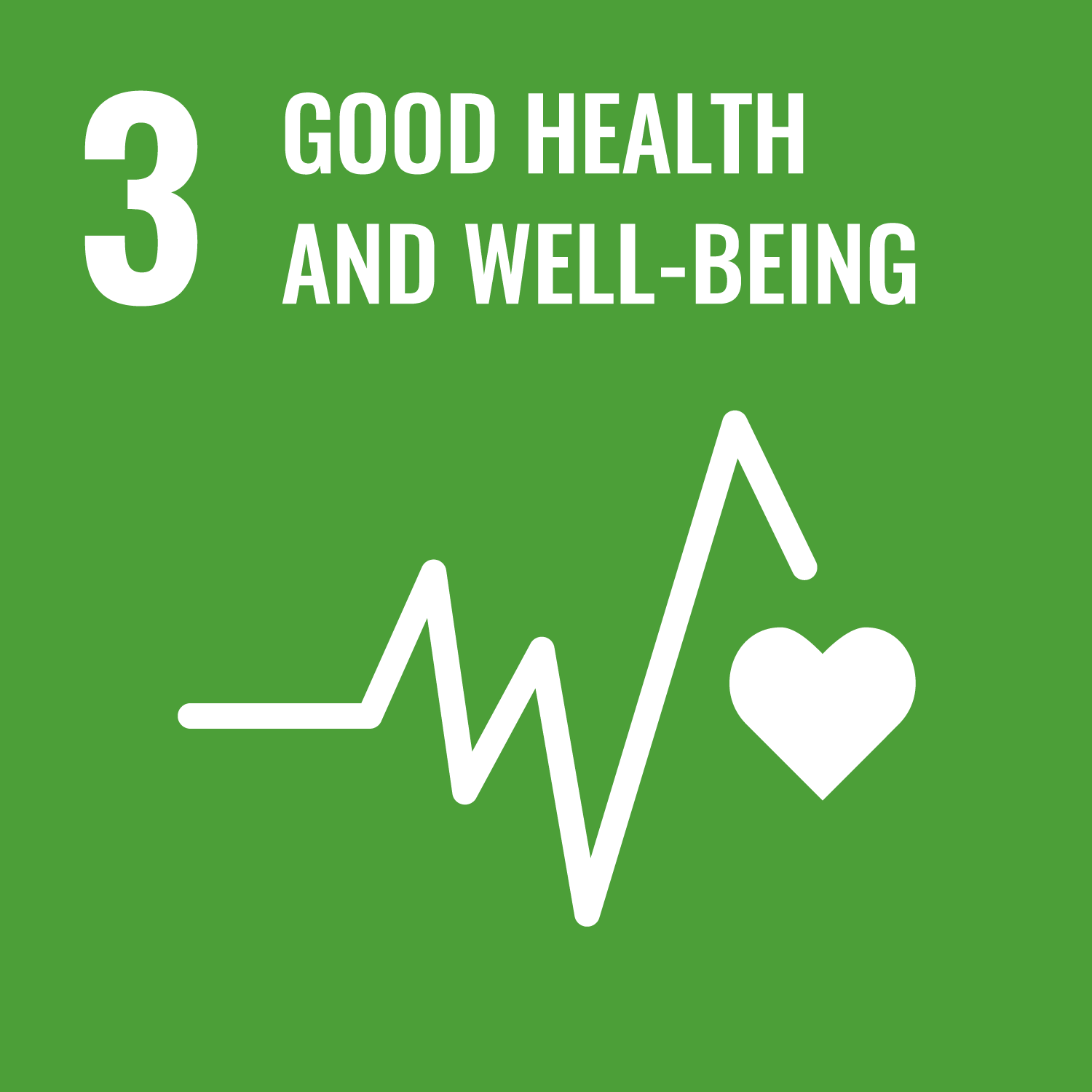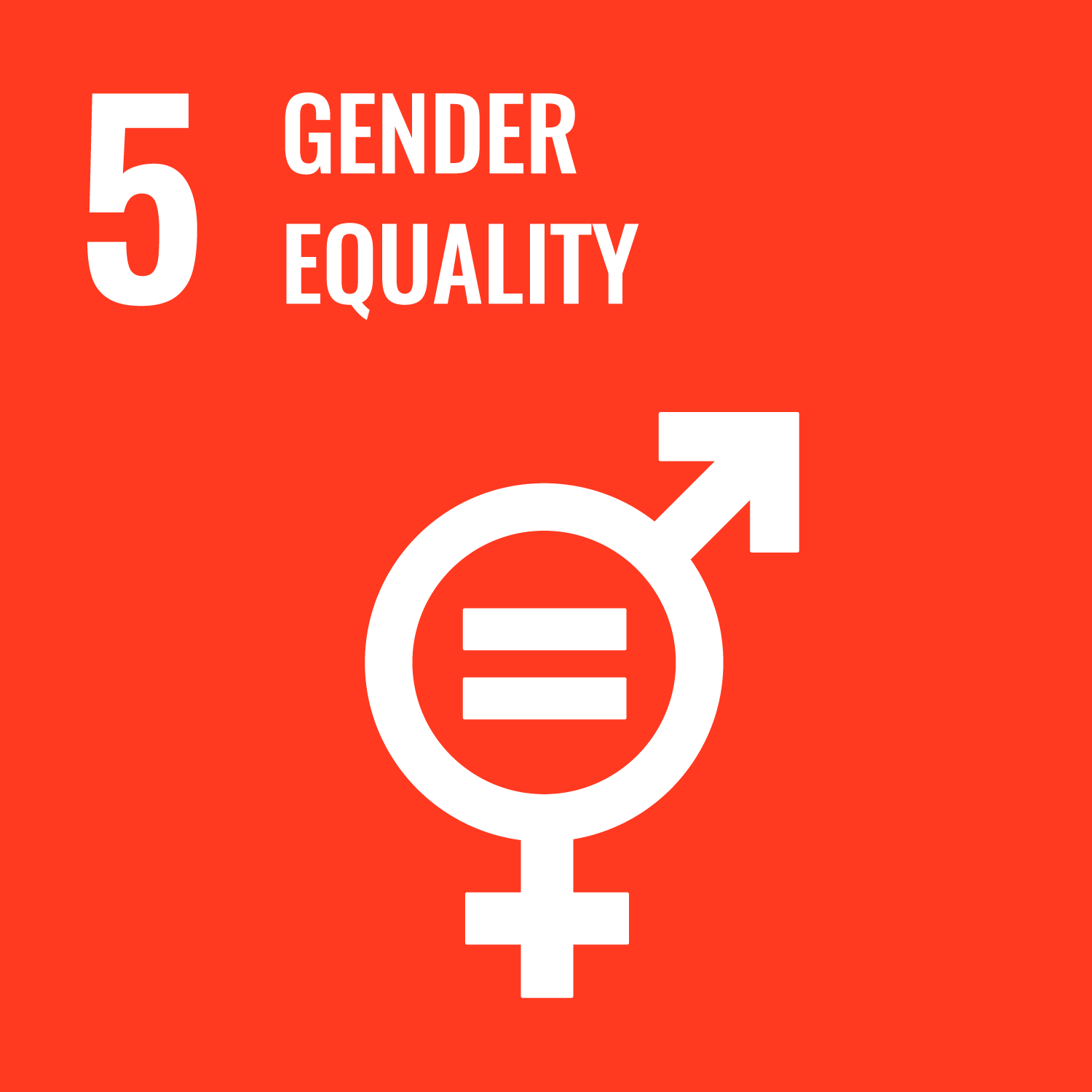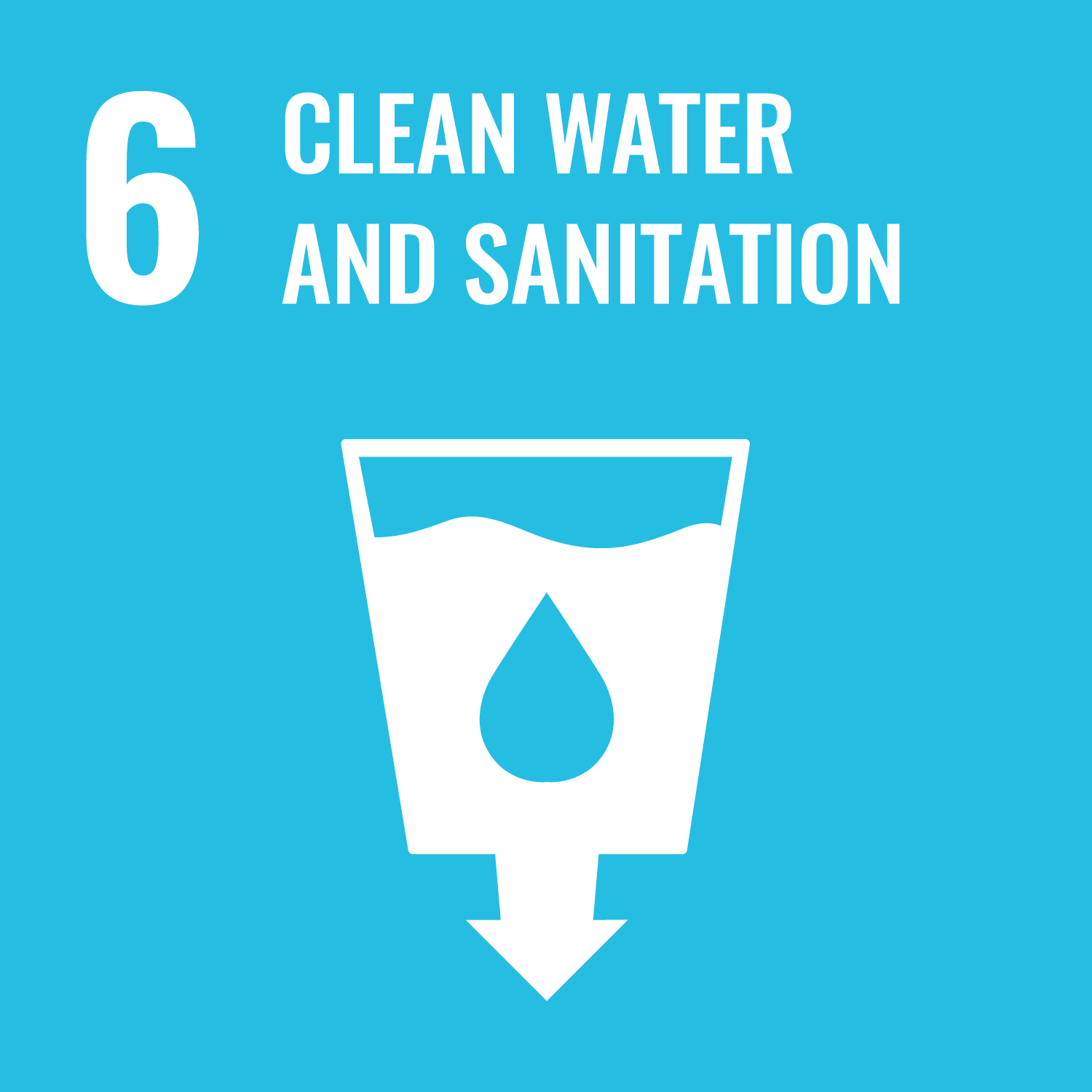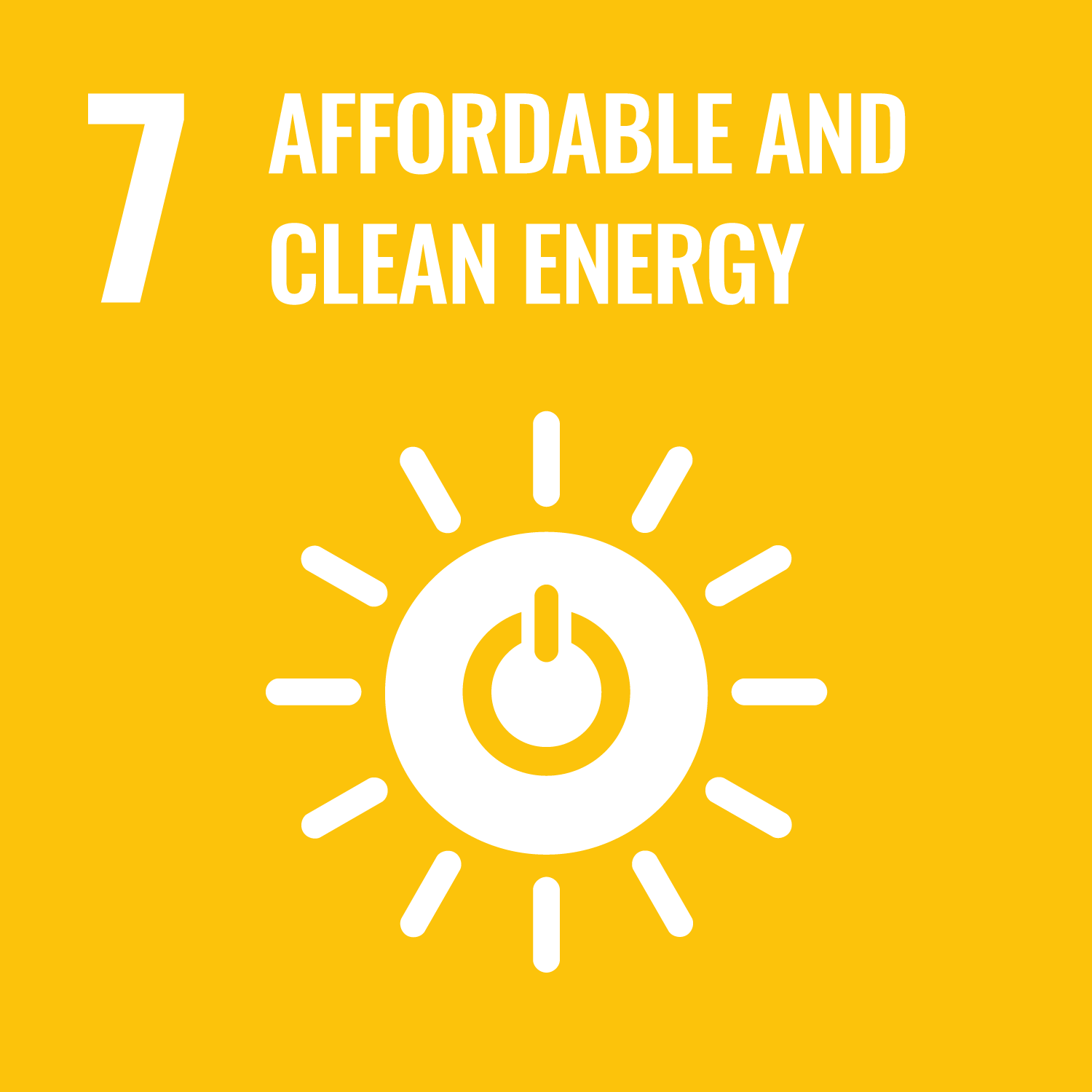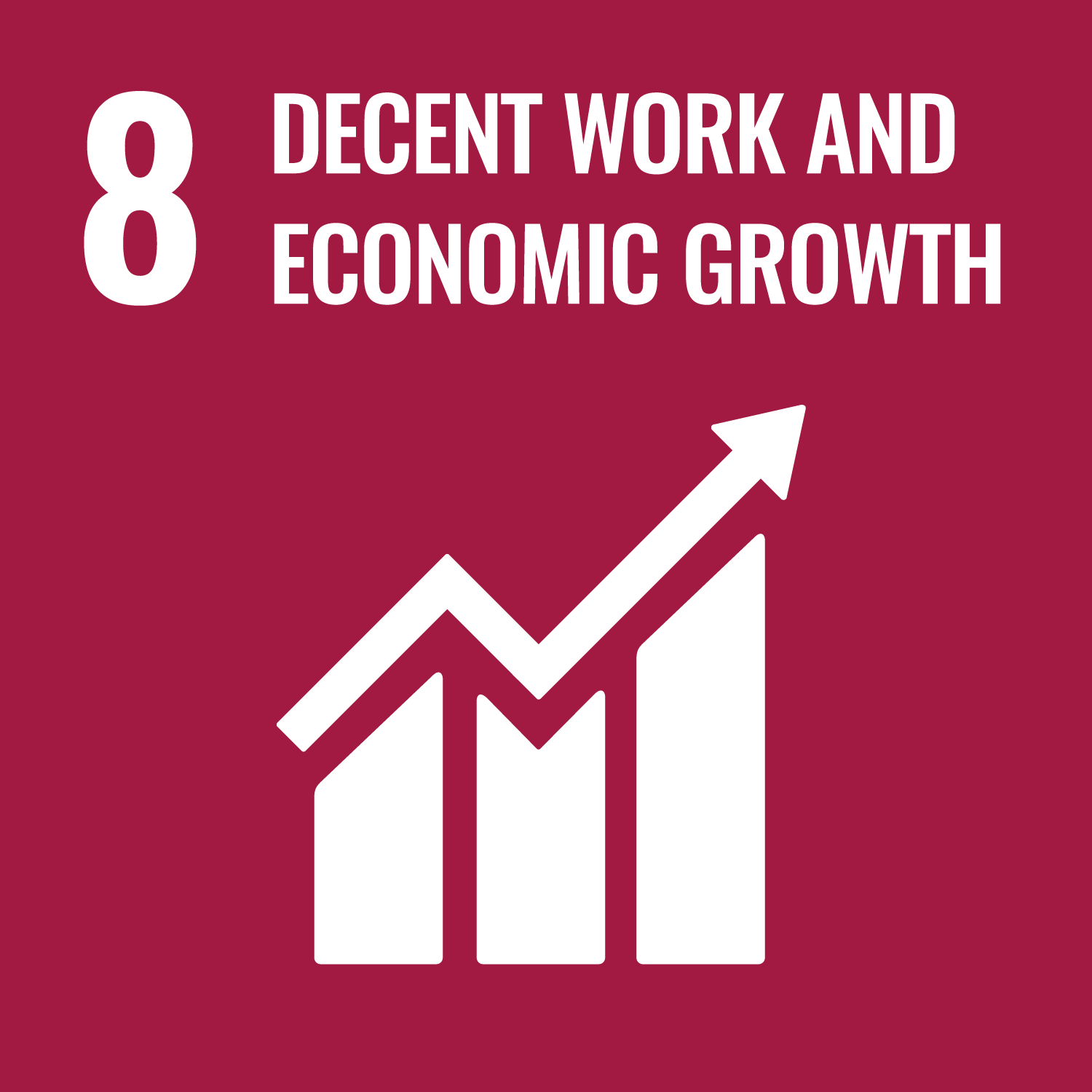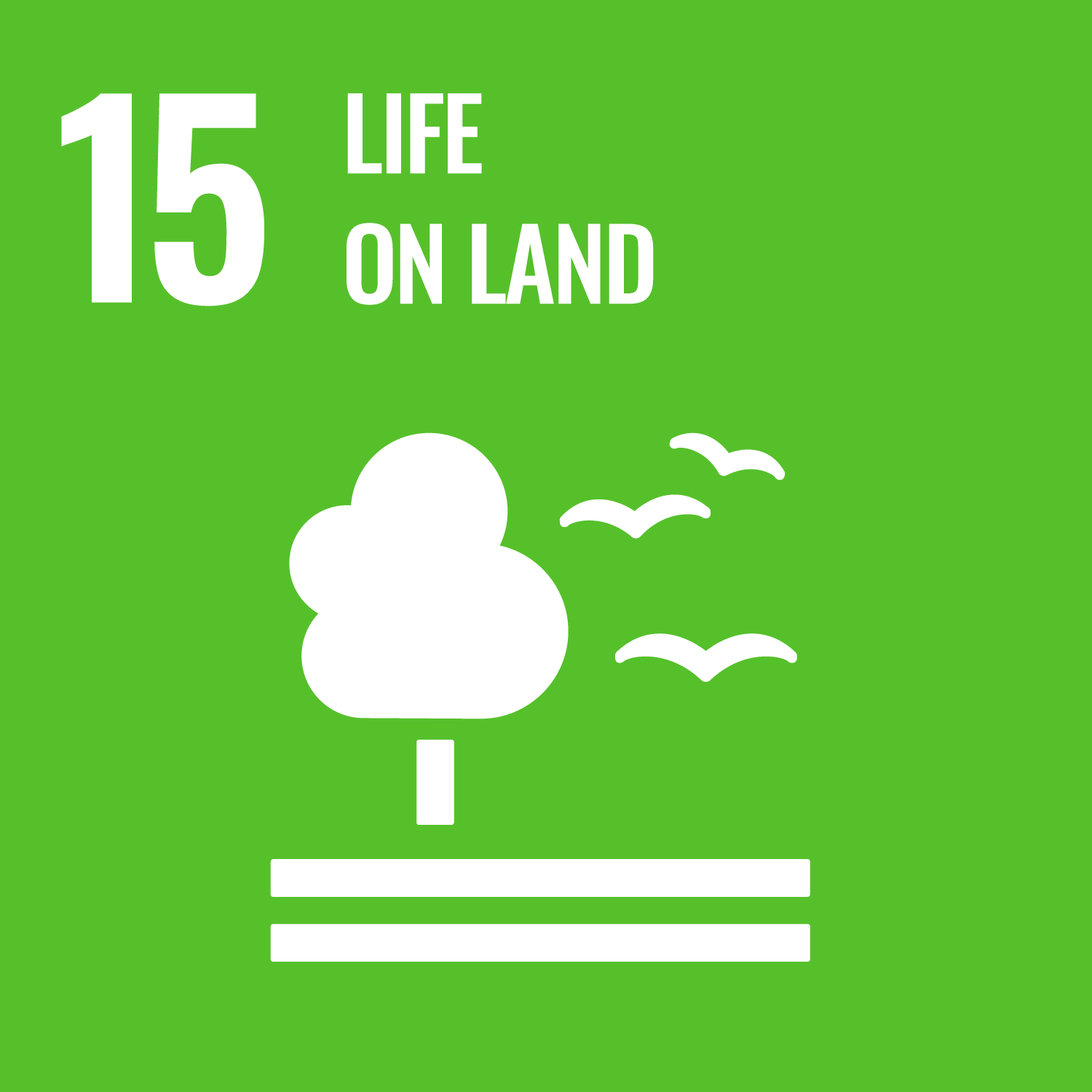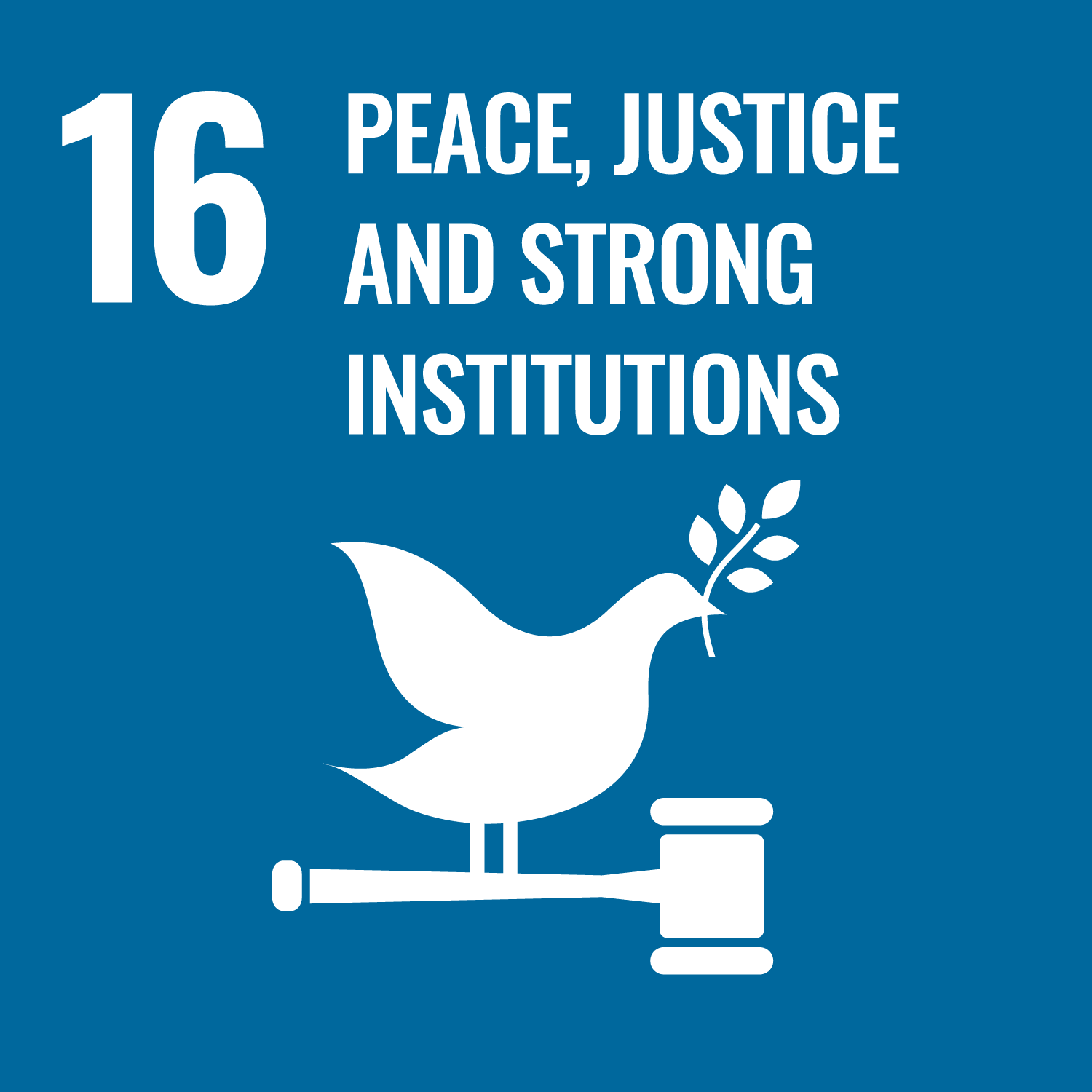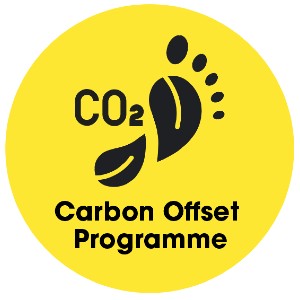Environmental Sustainability
Scoot has made modest but steady steps in the area of environmental sustainability as a result of our efforts to streamline and improve efficiences within our business operations, as well as enhance the Scoot customer experience. In addition, as the low-cost subsidiary of the SIA Group, Scoot is able to leverage Group-wide initiatives such as the SIA Group’s Voluntary Carbon Offset Programme for customers and continuous fleet renewal programme.
Here are our initiatives, categorised in the areas of climate change and biodiversity.
Climate Action
The SIA Group supports the International Air Transport Association’s (IATA) Four-Pillar Strategy towards reducing carbon emissions in the medium- to long-term, comprising technological, operational, infrastructural and global market based economic measures.
Scoot also supports this strategy and has various programmes in place that help to lower our carbon footprint.
Young, Modern Fleet
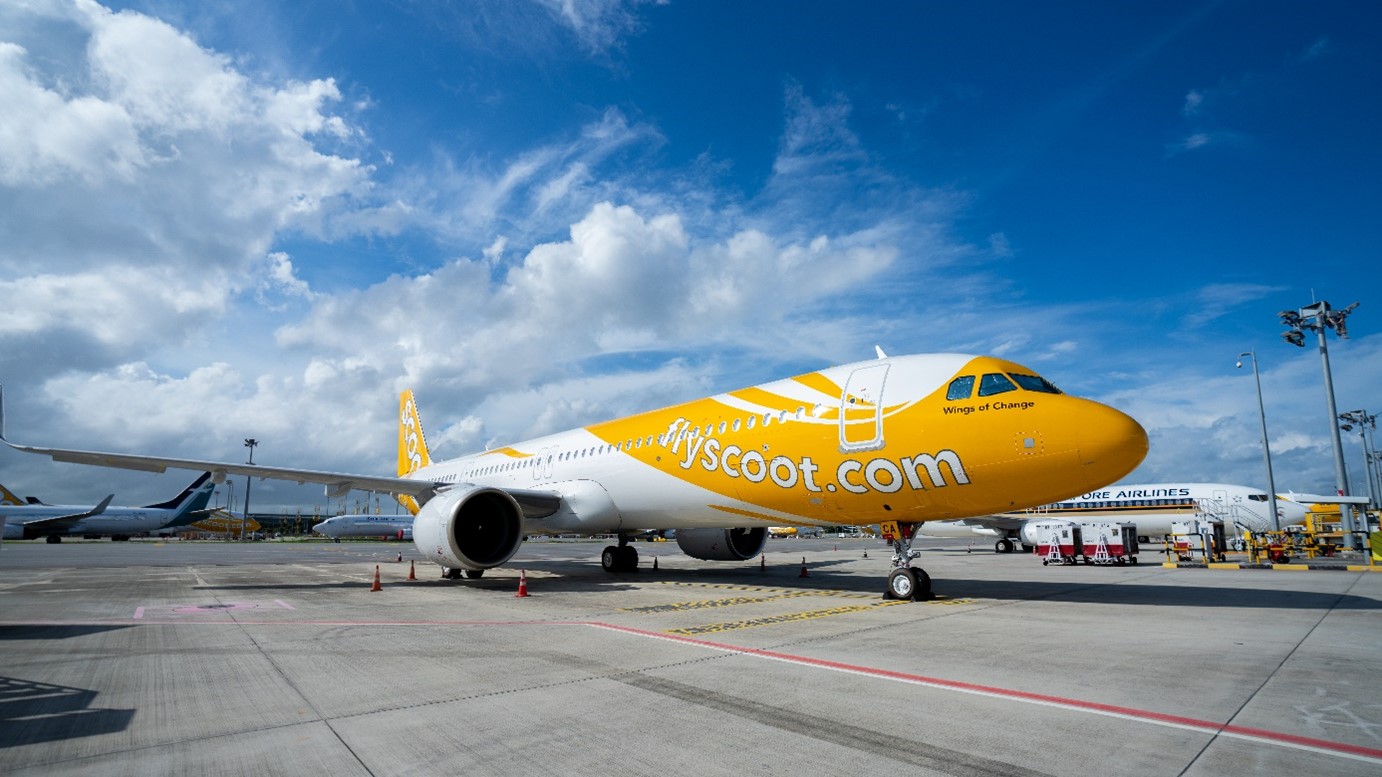
Under our fleet renewal programme, we aim to maintain a fleet of young and modern aircraft that generate fewer emissions and less noise. The average age of our aircraft is over 6 years, and we have on order several new Boeing 787 Dreamliners, Airbus A320neos and A321neos. These new generation aircraft are estimated to use up to 20 percent less fuel compared to the older generation aircraft that they replace. We will also welcome the Embraer E190-E2 jets to our fleet in 2024.
With newer aircraft, Scoot can leverage newer aircraft technologies that improve fuel efficiency. For instance, newer aircraft utilise more advanced composite materials in the aircraft structure which make the aircraft lighter, and they employ a more streamlined aerodynamic design that reduces drag. As a result, fuel consumption is reduced.
Improvements to Aircraft Operational Efficiencies
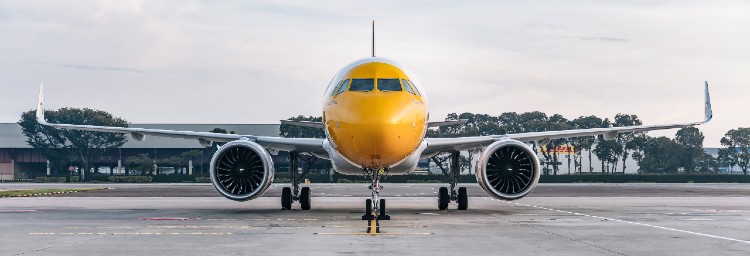
We aim to improve fuel productivity through initiatives that optimise fuel usage. One such initiative is the reduction of contingency fuel.
After consultation with CAAS (Civil Aviation Authority of Singapore), Scoot adjusted flight contingency fuel from 5% to 3% on selected B787 Dreamliner flights from mid-April 2021. This contributes to lowering the overall weight of the aircraft, and as a result reduces the average fuel consumption per flight.
Participation in CORSIA

The SIA Group participates in a single global market-based measure (MBM) in the form of the Carbon Offsetting and Reduction Scheme for International Aviation (CORSIA) to address the growth in emissions in the aviation industry. Developed by the International Civil Aviation Organization, the CORSIA scheme will become mandatory for participation by 2027.
SIA Group Carbon Offset Programme
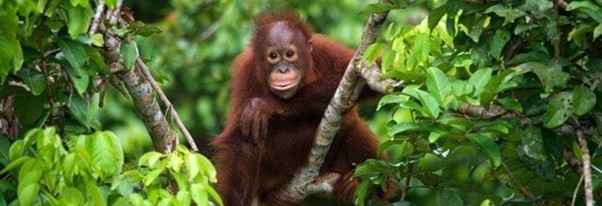
Launched in June 2021, the SIA Group Voluntary Carbon Offset Programme allows SIA and Scoot customers to learn more about the carbon emissions associated with their flight and make voluntary contributions towards verified carbon offset projects. Click here to find out more.
Resource Management
The aviation industry plays an important role in the preservation of our planet’s natural resources. Below are some initiatives Scoot has taken on, in an effort to reduce our impact on the environment through more sustainable practices.
Leveraging Technology, Reducing Paper Usage

Where feasible, Scoot leverages technology to digitally transform our business processes and reduce our paper consumption across our operations.
Examples include the progressive digitalisation of documents and content required by Flight Crew operations through introduction of Electronic Flight Bags (EFB) in 2019 and the digitisation of Cabin Crew safety manuals onto an electronic tablet in 2021. In addition to reducing our paper usage, these initiatives have helped to streamline operational processes through faster dissemination of information between the onboard crew and ground staff.
Onboard our flights, Scoot has transitioned our physical magazines to our inflight portal, ScootHub. Through ScootHub, Customers can discover inspirational travel and lifestyle content, play games and track their flight in the interactive map in real time.



